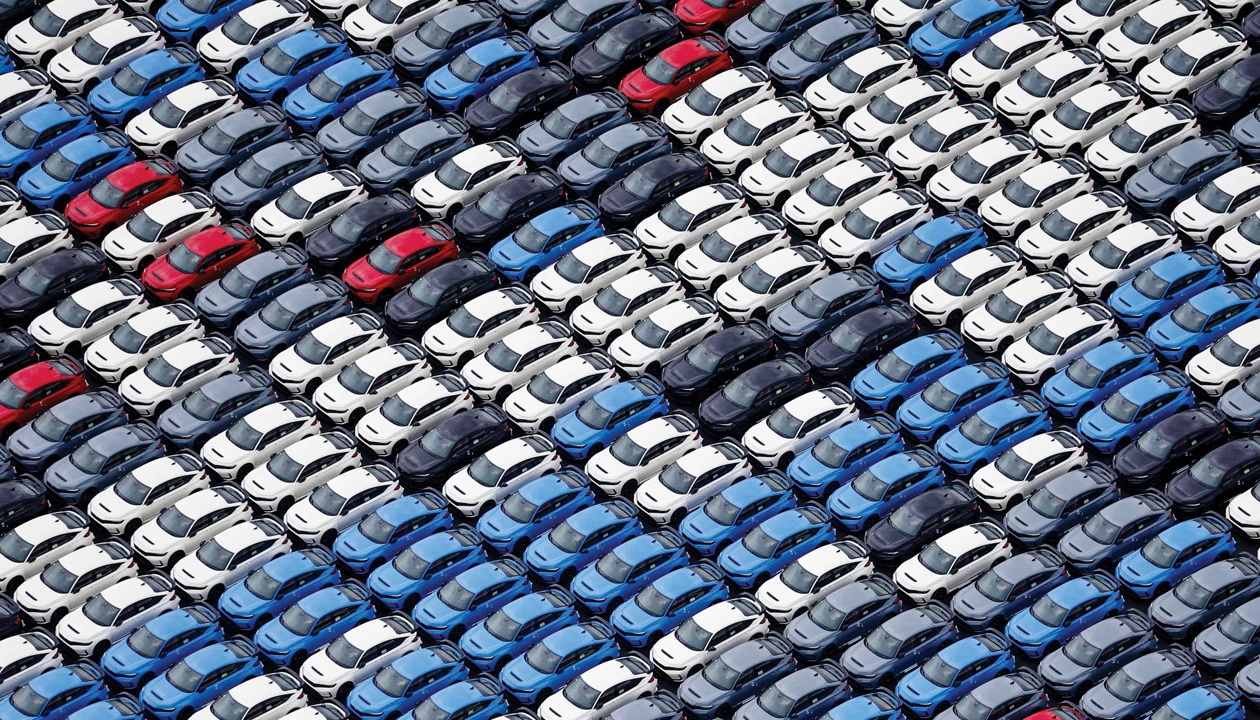The Japanese chemical industry is breathing a sigh of relief over new US tariffs set to take effect on Aug. 7. Analysts say the deal, which imposes a tariff of 15% on most Japanese goods, will leave the chemical and pharmaceutical industries largely unharmed, though regional sluggishness may surface in the case of plastics for the auto industry.
The tariff is a reduction from the 25% levy that US president Donald J. Trump had threatened to impose on Japan if the country didn’t strike a trade deal, though it is higher than the low-single-digit rate that previously applied to many products from Japan.
Mikiya Yamada, an analyst with Mizuho Securities’ equity research division, says the direct impact of the tariffs on chemical exports to the US will be “insignificant.” The number of chemical products, mainly specialty chemicals, that are exempt from the tariffs has reached approximately 500 items, he says. items, he says.
“Japanese products, including pharmaceuticals, have a high share that are exempt from taxation,” he says, and tariffs that do apply should be fairly easy to pass on to customers.
Moreover, Japanese companies that supply plastics and other chemicals to local automakers were preparing to cut prices to help their customers compensate for a 25% tariff, Yamada says. With a 15% tariff, those cuts won’t be as steep.
Companies are already reworking their balance sheets. In April, when Japanese chemical makers announced budgets for the current fiscal year, they assumed a 25% tariff. The expected reduction in profits included $103 million for Toray Industries and $55 million for Mitsui Chemicals. “I expect these figures announced at the beginning of the fiscal year to be reduced,” Yamada says.
Asahi Kasei, which had anticipated a $125 million tariff-related decline in profits in fiscal 2025, “is expected to see only $69 million in the period from July to March 2026, when we had expected the largest impact,” Toshiyasu Horie, the firm’s head of finance, said at a recent press conference on the company’s business performance.
But companies also must contend with tariffs in other countries. Japanese automakers and auto parts firms have built US export bases in Mexico and Canada, and the tariffs Trump has imposed on those countries are as high as 35%. Masanori Kawakami, a chemical consultant, fears the auto industry will suffer if tariffs on Mexico and Canada are not lowered, causing a knock-on effect on Japanese plastics producers.
The outcome of US negotiations not only with Japan but also with Canada and Mexico will thus be the focus of much attention, analysts in Japan say.
If US tariffs remain at 15% on Japan and 35% on Mexico and Canada, cars produced in the US and Japan will be advantaged over ones from Mexico and Canada, Yamada says. All Japanese chemical companies that are part of the supply chain in both countries will be affected, but “automotive-related materials companies such as Mitsui Chemicals that operate in both countries are globalizing their operations, including local production in the US, and I assume that each company will take measures to mitigate the impact,” he says.
Chemical & Engineering News
ISSN 0009-2347
Copyright ©
2025 American Chemical Society
